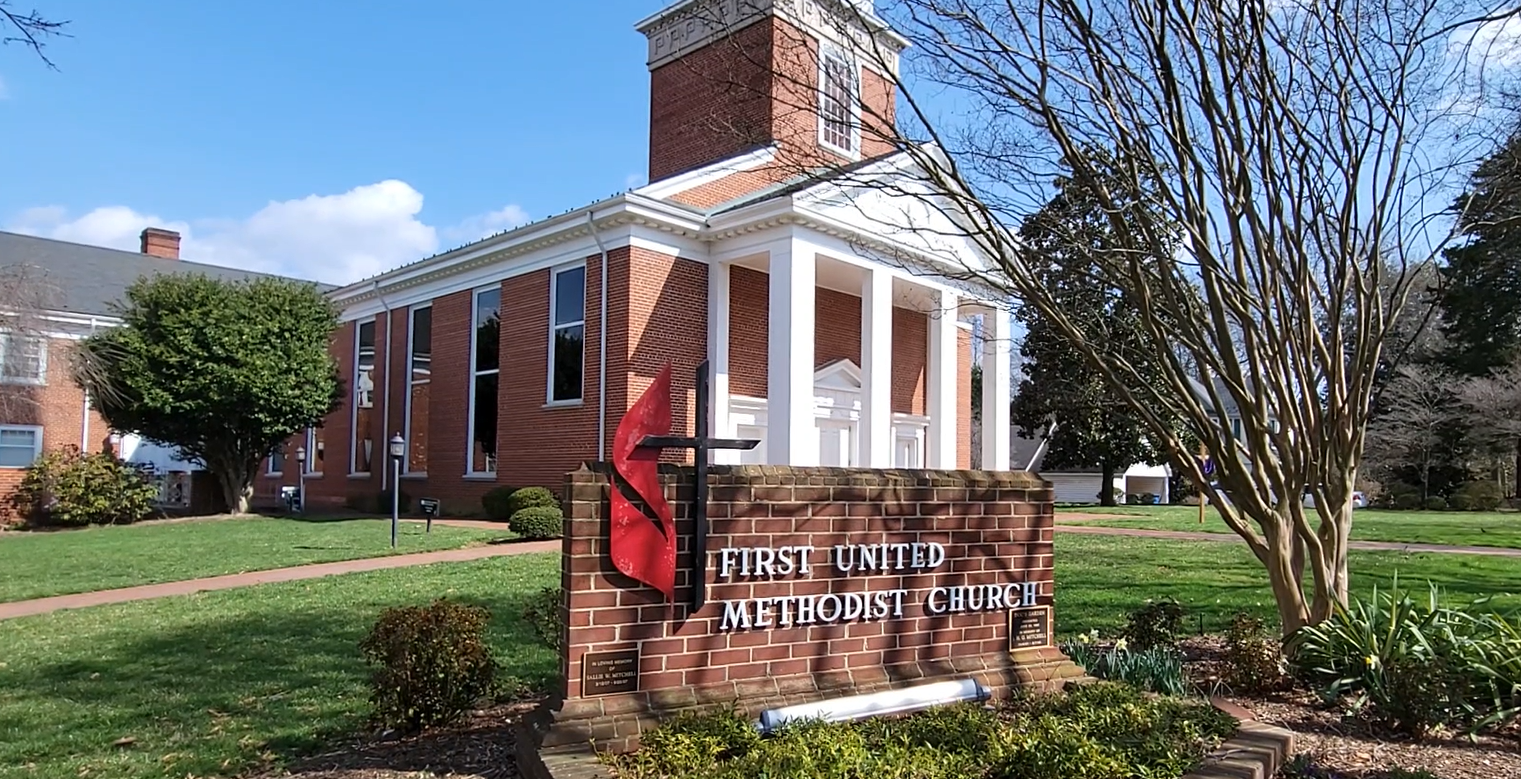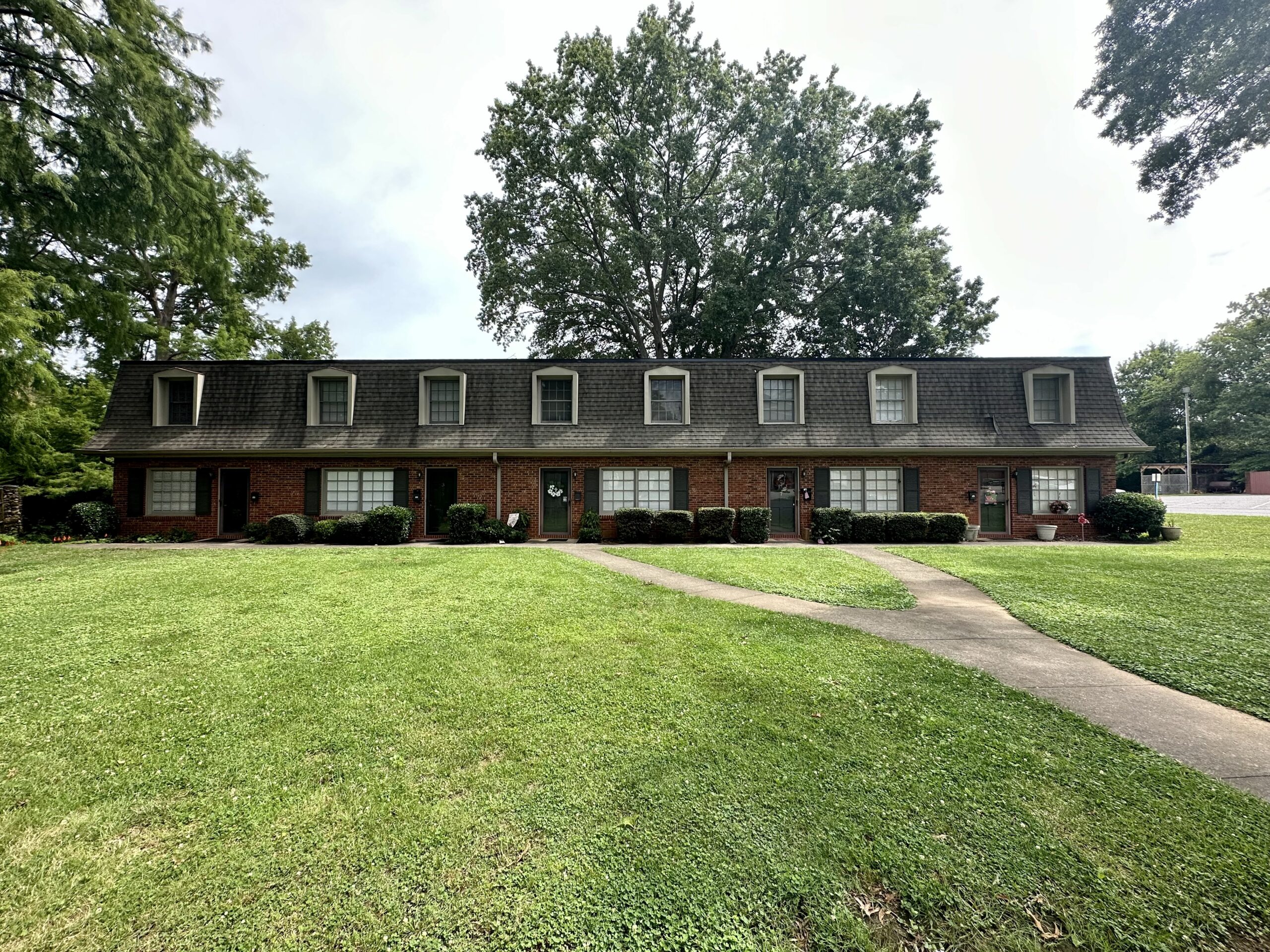
When youth in foster care turn 18 and age out of the system, some are fortunate enough to have networks of adults to help with the transition to independent living. Many are not.
The people of First United Methodist Church in Hickory want to fill that gap.
A five-unit apartment building across from the church (purchased with a UMF Development Fund loan) will provide young people with a place to live while they complete a one-year program developed by the church to learn financial management, nutrition and wellness and other life skills.
“We thought about what it would look like to empower these young adults who have bounced around foster care,” said Rev. Jennifer Forrester, associate pastor for First UMC Hickory. “They’re trying to figure life out. Our goal is not to say, ‘You need this.’ We want to walk with them.”
Lay servants will lend time, talents
Members of the congregation mobilized to bring the vision to life. Among the volunteers are Eileen Wilson, a retired school teacher who taught many foster children and befriended their families during her years in the classroom.
David Cross, a retired banker, will teach financial management. Holley Dagenhardt, a licensed nutritionist, will share expertise on health and wellness. Kelly Young and Wendy Hanigofsky will serve as home management mentors, helping with cleanliness and maintenance of the home.
“Everybody has their own niche,” said Eileen, who spent 17 years in Catawba County Schools. “It’s amazing how things just came together.”
With stable housing, mentors and the presence of a faith community, advocates believe they can provide the kind of support that is too often missing.
“These young people haven’t had much exposure to faith,” said David Vines, a social worker with Catawba County and adviser to the program. “And what they have experienced hasn’t usually been positive.”
Each year in the U.S., about 20,000 youth exit foster care and are left to fend for themselves, according to the Annie E. Casey Foundation. This scenario — leaving foster care without achieving permanence — brings lifelong consequences. Youth who age out of foster care face are more likely to experience homelessness, joblessness and substance use.
Data shows about one in five foster youth become homeless the moment they turn 18, according to the National Foster Youth Institute.
In North Carolina, foster youth ages 18-21 can participate in the NC LINKS Program, which offers housing assistance and support services from a social worker. Participants must work a certain number of hours per month or attend school full-time.
Methodists helping Methodists
A low-interest loan from the UMF Development Fund helped the initiative move forward. Under the guidance of Foundation leadership, these loans help United Methodist churches and institutions across North and South Carolina with land acquisition, building expansion, new construction and related needs.
Other churches are working to improve foster care in their communities. Saluda UMC provides housing through a partnership with Crossnore Communities for Children, an organization that has led in this field for 100+ years. A UMF Development Fund loan enabled the church to purchase a neighboring home.
In Hickory, the first participant will live in a two-bedroom apartment fully furnished with donations from members of the congregation and community. The program will expand to additional apartments over the next few years.
“Scripture tells us that we are to care for the orphan,” Jennifer said. “It’s really getting back to the idea of social holiness — the roots of who we are as Wesleyans.”

Foundation earns highest rating for financial management
Independent auditors at Foard and Company have given (graded, if you will) the Foundation’s financial stewardship the highest rating (an unqualified opinion).
With lower threshold, church loans serve wider range of needs
Church loans are now available for as low as $50,000, a change that enables the Foundation's UMF Development Fund Loan Program to better respond to the needs of those it serves.
Tomorrow’s leaders serving in your church today
The Foundation partners with individuals, families and other funders to provide scholarships for students pursuing their dreams through higher education. Meet some of this year's recipients.